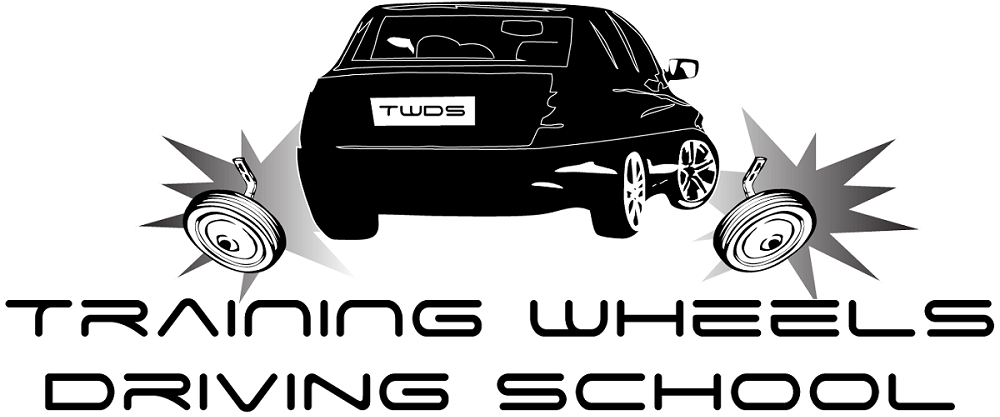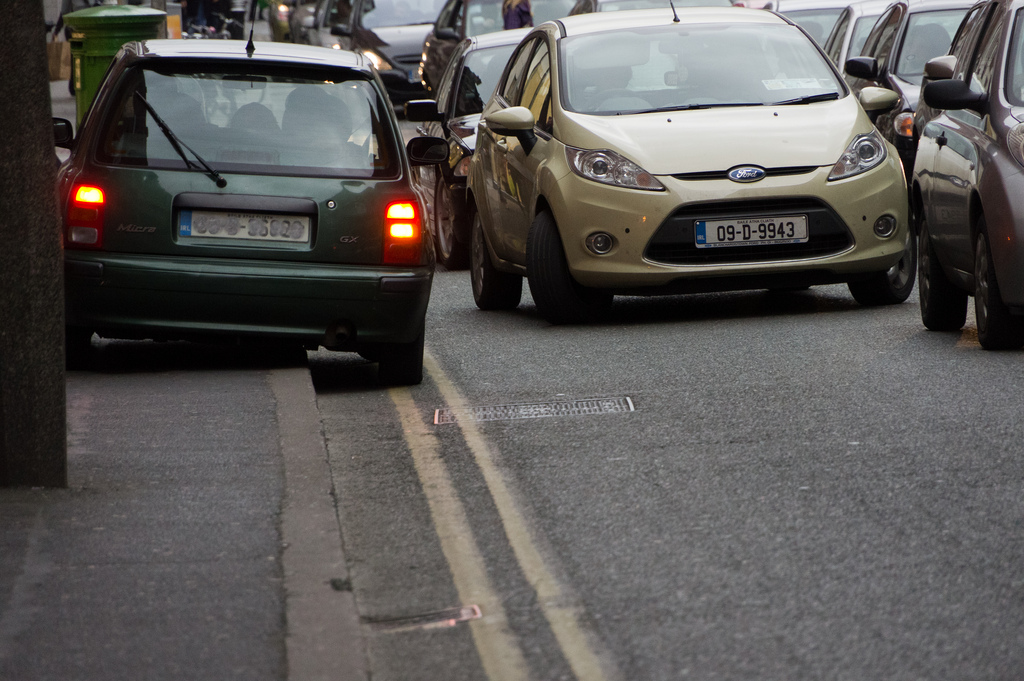Drivers have many temptations that distract their attention from the road and new drivers are more likely to succumb to these. The Insurance Institute for Highway Safety reports that teen drivers in particular are at four times the risk of getting into an accident than are older drivers. Distracted driving, the desire to show off, and lack of experience with handling emergencies are several affecting factors.
Distracted driving is one of the most common mistakes that new drivers make. Eating, talking on the phone, texting, and selecting music take attention away from the road. A Governors Highway Safety Association report reveals that use of electronic devices is responsible for up to 25 percent of automobile crashes. Of the 2,000 16 to 19 year-old drivers surveyed by Seventeen magazine and AAA, 86 percent admitted to distracted driving.
While most drivers speed occasionally, teen drivers do this more often. Teens drive faster than do all other drivers as a whole, claims the National Institutes of Health. These new drivers do not realize how their response time is affected by the speed of their vehicles. Teens also tend to follow other cars more closely than other drivers do. This may be caused by the need to show off rather than practice safe following distances.
Budget may prohibit new drivers from purchasing the safest cars, with many opting for small cars that do not have important safety features. Young drivers also tend to cram too many people into their cars, placing more people at risk. Teens also drive more aggressively when extra passengers are in the car. According to a 2008 study, when teen drivers transport just two or more peers, their risk of a fatal crash more than triples.
With driving experience comes the ability to avoid accidents. A new driver cannot learn all of these skills in a classroom or even during on-road testing. How to apply brakes correctly or straighten out the car while skidding is typically learned when drivers find themselves in these situations. Distracted driving and speeding compound the risk resulting from lack of experience.
New drivers may even neglect basic safety precautions like wearing seatbelts. Whether due to unfamiliarity or a sense of invincibility, many new drivers do not buckle up before turning on the engine. Fortunately, many newer model vehicles are equipped with audible seatbelt reminders. New drivers should avoid these mistakes and others that are commonly made after receiving a license.
*Photo Courtesy of William Murphy via Creative Commons License

